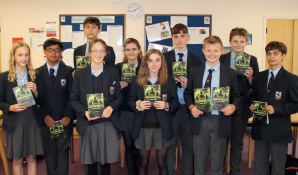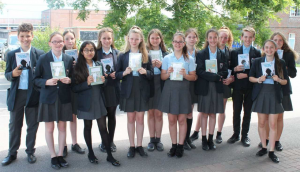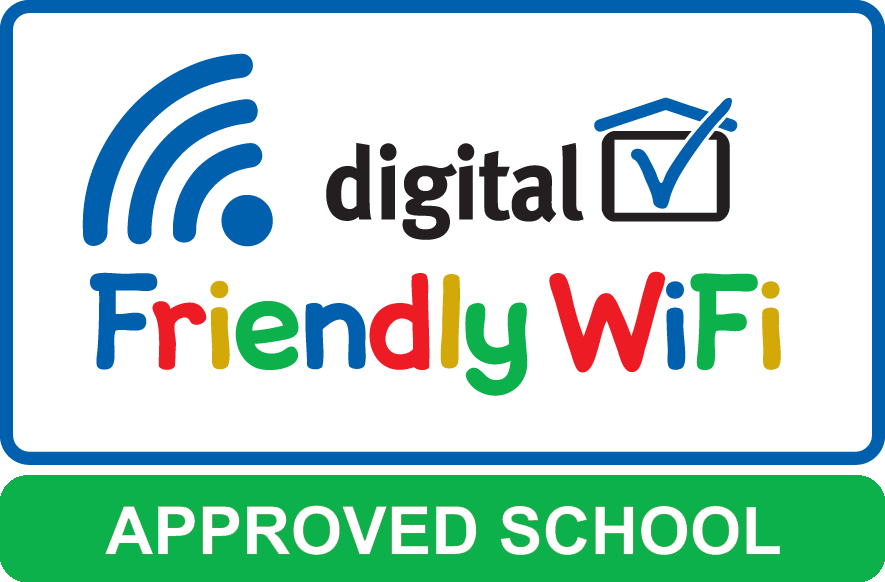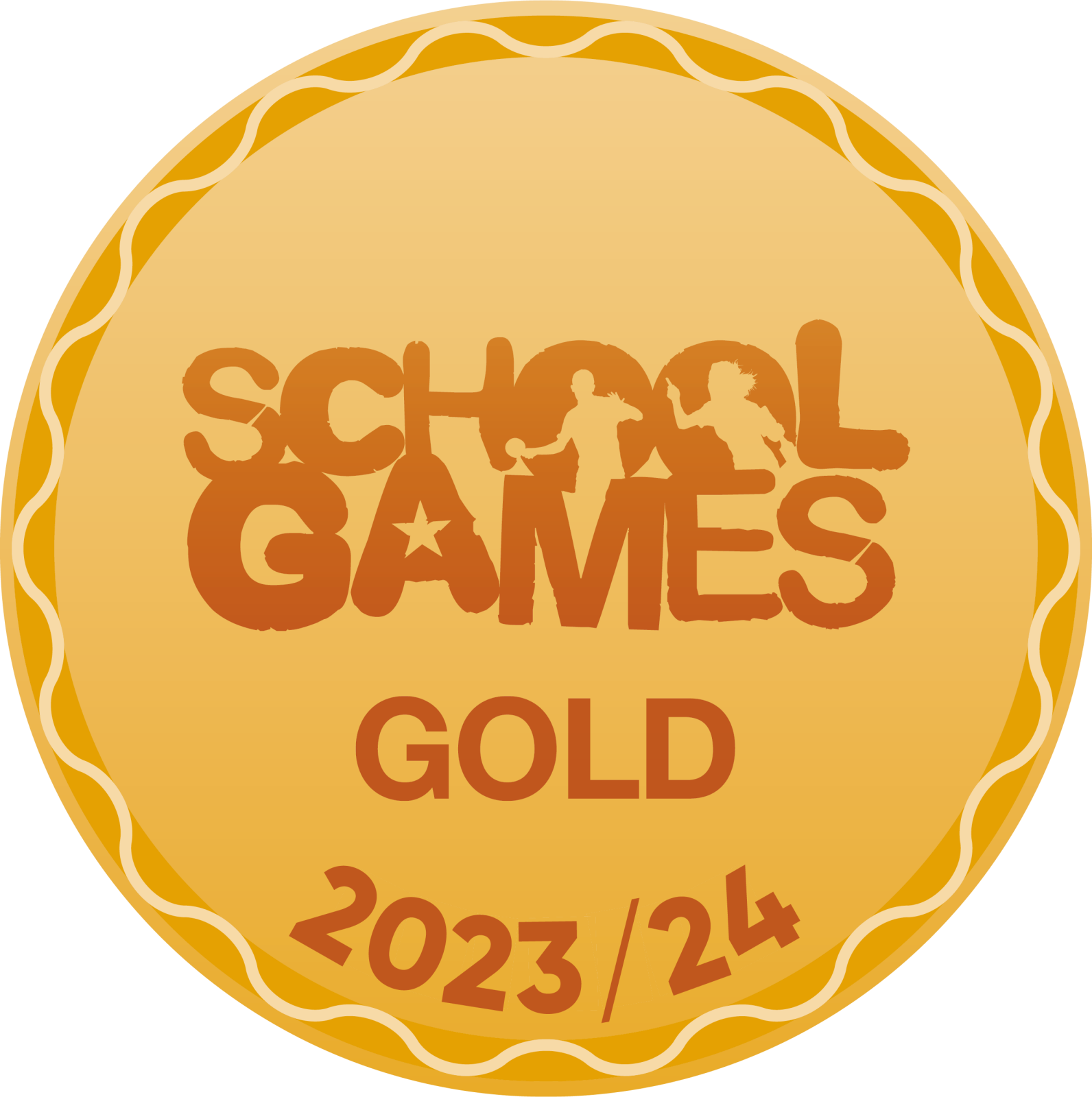English
Welcome
The English curriculum is an inclusive journey covering a breadth of diverse texts, techniques and skills to:
- equip all students with the confidence, functional skills and cultural capital necessary to support them in life and allow them to enjoy independence,
- ensure students have a wide vocabulary, an understanding of grammar and a knowledge of linguistic conventions for reading, writing and spoken language,
- promote critical thinking, develop empathy and have the emotional literacy to meet the challenges of being a global citizen in the 21st century,
- give students the academic writing and comprehension skills to prepare them for further study at KS5 and to access the opportunities this affords in their lives beyond the school.
Key Staff
Ms van der Lip - Head of Department / Lead for A-Level Language (F/T)
Mrs Ellie Clark - Second in Department (F/T)
Ms Chapman - Second in Department, Literacy Coordinator (F/T)
Ms Smit - Third in Department, KS3 Co-ordinator(F/T)
Mrs Scarr - Teacher i/o KS3-5 Literature (P/T)
Mr Plumtree - Teacher(F/T)
Mrs Blake - Teacher (F/T)
Miss Khazmi - Teacher (F/T)
Mrs Huxtable - Teacher (P/T)
Ms Baxter - Teacher (F/T)
Miss Emily Birch - ECT (F/T)
Miss Grace Gregory - ECT (F/T)
Mrs Gray - HLTA (P/T)
Mrs Maynard - HLTA (P/T)
Ms Clare Igoe - Progress Link Teacher
Mrs Emily Carter(Administrator)
Curriculum Intent
The English curriculum provides students the time and space to consider and revise interpretation and expression, and to develop their writing skills through a scaffolded and modelled approach. Students can communicate with clarity and coherence using language appropriate for purpose and audience as well as individual expression when thinking, reading and writing. If the 'overarching aim for English in the national curriculum is to promote high standards of language and literacy by equipping students with a strong command of the spoken word, and to develop their love of literature through widespread reading for enjoyment' then our curriculum meets and exceeds that expectation.
Key Stage 3
Students follow a curriculum based on the requirements of the National Curriculum. All year groups will study a range of texts including Shakespeare, pre-20th century, contemporary and multimodal. Each year, they will also study a selection of poetry texts and a modern play script. Teachers plan their lessons based on the ability and needs of the individuals within their groups so we have a wide range of texts that are available. All Key Stage 3 students have a lesson timetabled in the library once a fortnight in which they work on a range of reading and library skills.
Much of our teaching in Key Stage 3 is in mixed-ability groups. Some students are taught in smaller ‘support’ groups in which the teacher will deliver the curriculum at a pace suited to the student’s needs. Some students are challenged by the pace of delivery and the selection of texts in a larger ‘fast-paced’ group.
In Key Stage 3 students will practise the following skills:
- information retrieval
- inference and deduction
- analysis of language, structure and form as well as characterisation
- commenting on writers’ viewpoints
- writing descriptively, narratively and discursively
- speaking and listening: discussion and presentation
Students will follow national guidelines throughout Key Stage 3 to support and prepare them for their Key Stage 4 courses. The school operates a banding system of 1-9 (9 being the highest band). Students will be given a target based on their Key Stage 2 scores and baseline assessments on arrival at Edgbarrow. The band they are awarded at the end of the Key Stage is intended to be indicative of the grade they may achieve at GCSE.
FOR YEAR 7 & 8 ONLY: We have recently changed how we track progress in Key Stage 3. The new format is currently in operation with Years 7 and 8 only. In each subject, students are given one of three progress bands: foundation, intermediate and higher. These bands are based on Key Stage 2 scores, as well as evidence gathered by class teachers. Throughout Key Stage 3, students will be judged to be meeting, exceeding or below expectations for their given band. The headline criteria for each of these bands can be found below, as well as a short presentation explaining the new assessment and reporting format.
Year 9 Assessment Bands
Homework Intent
To reinforce learning within the classroom and to encourage students to develop reading for pleasure through reading a wide range of books.
Summary Curriculum Plans
-
Year 7 English 2024-25
download_for_offline
download_for_offlineYear 7 English 2024-25
- Year 8 English 2024-25 download_for_offline
download_for_offlineYear 8 English 2024-25
- Year 9 English 2024-25 download_for_offline
download_for_offlineYear 9 English 2024-25
Key Stage 4
In Key Stage 4 students will practise the following skills:
- information retrieval
- inference and deduction
- synthesis and summary
- comparison
- analysis of language, structure and form as well as characterisation
- commenting on genre, purpose and audience as well as context
- commenting on writers’ viewpoints
- writing descriptively, narratively and discursively
- speaking and listening: formal presentation and discussion
GCSE
We teach an integrated English Language course and English Literature which involves studying novels, short stories, drama, poetry, non-literary and other media texts. There will be opportunities to write in a variety of styles and to participate in many speaking and listening activities throughout the course.
Students are taught in mixed ability groups except for two fast-paced groups of students with Band 9-7 targets. There are also two Set 2 classes.
Each year we review the best pathway for our students at GCSE. All Key Stage 4 students will be entered for AQA English Language and English Literature qualification. All students are entered for both courses.Homework Intent
To reinforce learning within the classroom and to provide students with the opportunity for independent learning through a wide range of reading and writing tasks.
Summary Curriculum Plans
-
Year 10 English 2024-25
download_for_offline
download_for_offlineYear 10 English 2024-25
- Year 11 English 2024-25 download_for_offline
download_for_offlineYear 11 English 2024-25
Key Stage 5
We offer three A-Levels within the department. English Literature, English Language and Film Studies are well-established, successful A-Levels that have been running for some years.
English Language
Students will continue to develop their interest in English through learning about the structure of English, its varieties, and different functions and through their analysis of different types of, largely, non-fiction writing. Students will write for different audiences and purposes.
A wide range of skills is developed including research skills using books, magazines, the internet and primary research. Independent learning is an essential part of this course. Students are expected to give presentations as part of the course and to write analyses of texts. Students need to be capable writers and to enjoy exploring the nuances of language.
English Literature
Students will read widely, critically and independently across centuries, genres and gender. We hope to stimulate thought and discussion on several issues and ideas. The course also aims to develop the informed, independent reading of literary texts. There is a central emphasis on the analysis of unprepared texts in the exams so students are encouraged to link, connect and compare a wide range of whole texts and extracts.
Students will develop an ability to argue logically on evidence from a range of texts and to approach all forms of literature with awareness and perception.
Film Studies
Please click here to visit our dedicated Film Studies page.
Homework Intent
English Language - To reinforce learning within the classroom and to provide students with the opportunity for independent learning through wider reading tasks, research and annotation of texts.
English Literature - To reinforce learning within the classroom and to provide students with the opportunity for independent learning through wider reading around genres being studied.
Summary Curriculum Plans
-
Year 12 English Language 2024-25
download_for_offline
download_for_offlineYear 12 English Language 2024-25
- Year 12 English Literature 2024-25 download_for_offline
download_for_offlineYear 12 English Literature 2024-25
- Year 13 English Language 2024-25 download_for_offline
download_for_offlineYear 13 English Language 2024-25
- Year 13 English Literature 2024-25 download_for_offline
download_for_offlineYear 13 English Literature 2024-25
Inclusion
It is our intent that pupils with special educational needs/disabilities (SEND) follow the same curriculum, learn alongside their peers and achieve similar outcomes. In addition, they may benefit from additional opportunities in the lessons and in the co-curricular activities that are arranged especially for them.
SEND Implementation and Impact
Literacy
Reading Aims:
- To ensure students are equipped to understand command words in questions.
- To ensure students are equipped with a range of independent reading strategies to aid comprehension when reading.
- To ensure students are equipped with a range of independent reading strategies when interpreting how authorial intent/language/structure impacts the meaning of a text.
- To support students in understanding complex vocabulary that they encounter in their reading.
- To encourage students to read for pleasure outside of the lessons.
Writing Aims:
- To ensure students are equipped with strategies to construct their answers.
- To ensure students are equipped with a range of independent strategies to enable them to plan their answers carefully.
- To equip students with strategies to reflect on and redraft their writing.
- To explicitly teach spelling, punctuation and grammar to enable students to write fluently.
- To support students in writing creatively, through teaching them to use ambitious vocabulary, language devices and structural techniques.
Spoken Language Aims:
- To ensure students are equipped to use a range of vocabulary as well as subject-specific vocabulary in their spoken language.
- To ensure students are equipped with the skills to structure a spoken presentation
- To support students in using spoken Standard English.
- To teach students how to listen and respond formally.
- To provide students with opportunities for structured talk.
Co-Curricular
The Edge - Student Newspaper
We meet every Monday after school to produce a termly newspaper.Mission Containment
 This national writing competition asked students to write a 100-word saga about a contamination epidemic. We are delighted to announce that 34 Edgbarrow students will have their work published!
This national writing competition asked students to write a 100-word saga about a contamination epidemic. We are delighted to announce that 34 Edgbarrow students will have their work published!
Poetry Escape ‘Poetry Escape’ is a national poetry competition that encourages students to write about liberation and freedom in any form they choose. 20 students have published their poetry, and an anthology is available to view in the library. Congratulations to our budding poets!
‘Poetry Escape’ is a national poetry competition that encourages students to write about liberation and freedom in any form they choose. 20 students have published their poetry, and an anthology is available to view in the library. Congratulations to our budding poets!Christmas Carol
Year 11 was treated to a fantastic performance of A Christmas Carol by Quantum Theatre. It was a great chance to see the novella explored in the form of the play and a great chance for students to revise the plot and characters in an engaging way.Independent Study
MyON - a digital reading platform accessed via Accelerated Reader Key Stage 4
Highest Ability and Talented Reading List
View current revision material
Key Stage 5
English Literature Reading List
For further information regarding our English Curriculum please contact:
Ms van der Lip (Head of Department) - Year 12 English Literature 2024-25 download_for_offline
- Year 11 English 2024-25 download_for_offline
- Year 8 English 2024-25 download_for_offline







